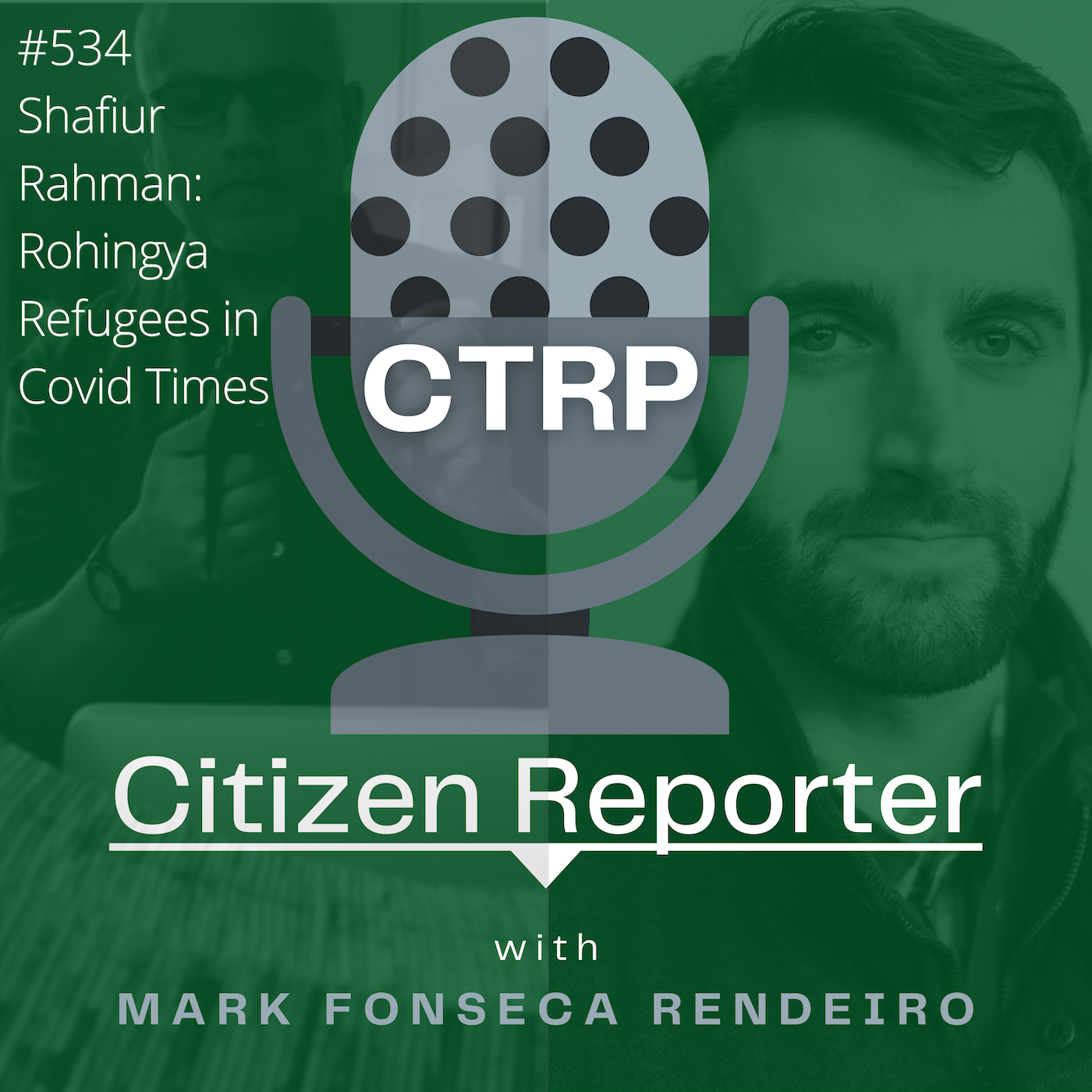Plotting my upcoming journey, Im looking at a map of Thailand, seeking the cities or towns that I will want to visit in my short time there. Among other places, the Burmese border has my interest. The internets tell me that I could normally take a day trip from one of these border locations, into Burma for a quick look around. As a person who is critical of the government there, and concerned for the state of its people, naturally I’m interested.
Meanwhile I’m listening to radio netherlands’ The State We’re In, and my friend Jonathan is talking about Burma and the aftermath of the terrible Cyclone Nargis. The theory they’re discussing, as millions of people have been affected by the aftermath of the storm, is that it is the responsibility of UN members to provide aid to victims. Furthermore, according to his guest – Jan Egeland (former relief coordinator of the UN) the Burmese junta does not have the right to block aid or decide if people can be helped or not.
On the one hand Im thinking about how it may not be possible to get into Burma with all this going on. And more importantly, on the other hand, I’m listening to Egeland and I’m thinking about the fact that there are governments who actively block their people from getting essential help after a disaster. Like when the US rejected doctors from Cuba and food from the EU, after hurricane Katrina. Or when China says no to foreign aid workers on their soil (but yes accepts money and other donations). Yet on the same hand we live in an era where military forces are used to change governments and bring what is referred to as freedom and democracy by force. It is seen by many as a legitimate way to do things.
Imagine they felt the same way about aid? Wouldn’t it be something to behold, a NATO force that feels so strongly about feeding starving victims of a hurricane or US marines pulling out buried people after an earthquake. And even if a government told them no, imagine they would still arrive, in an organized and determined fashion, in numbers and efficiency that the government could do very little to stop. Militant relief, there’s a doctrine for a future president or prime minister.


